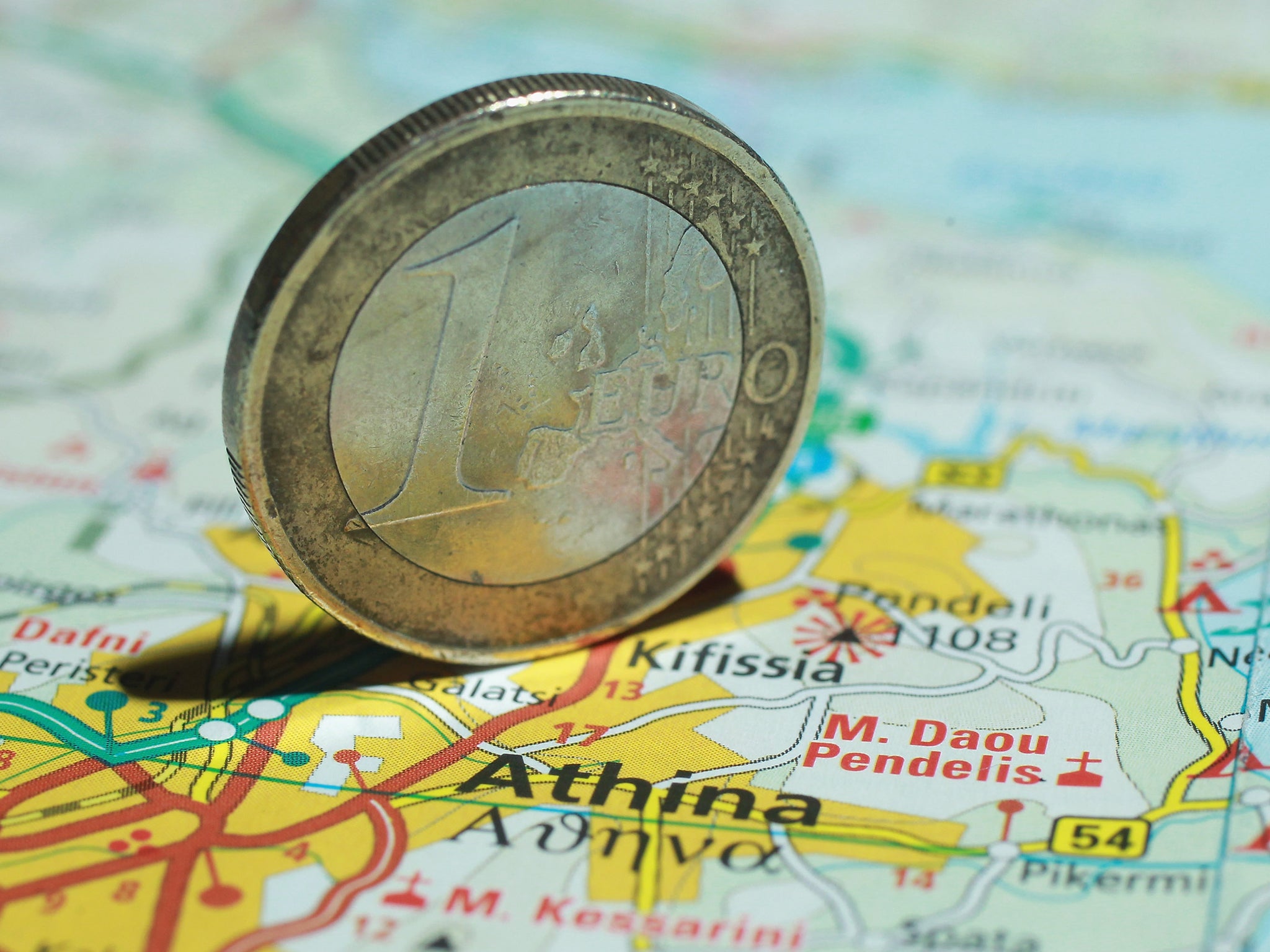Eurozone growth concerns mount as Greek MPs back bailout deal
Europe's fragile recovery was underlined by slower growth than experts predicted as Greek politicians backed its €85 billion (£61 billion) bailout following a fractious all-night debate

Syriza Prime Minister Alexis Tsipras' three-year deal, in the teeth of opposition from dozens of his own hard-left MPs, was given the green-light by Eurozone finance ministers today.
It came as the pace of growth across the single-currency-bloc economy slowed to 0.3% between April and June, disappointing hopes of an advance at least as strong as the 0.4% in the first quarter. Germany’s 0.4% growth was weaker than expected and the French economy ground to a complete halt. Greece’s bailout still needs to be backed by the parliaments of other eurozone members including nemesis Germany before it receives the funds.
The deal won 222 votes, with a significant 64 against and 11 abstentions. Syriza hardliner Panagiotis Lafazanis said he was “ashamed” of Tsipras and declared Greece a “eurozone dictatorship”.
Syriza won power in January on an anti-austerity platform, which it was forced to abandon when eurozone leaders threatened to pull the plug on its banks. The nation faces yet more political uncertainty after Tsipras called a confidence vote for next week, heralding yet more elections if he loses. The New Democracy conservative opposition will not back him and Tsipras is also likely to face significant dissent from his own MPs.
Experts were disappointed by the eurozone’s growth performance, which comes despite plunging inflation boosting consumer wallets and a €1.1 trillion money-printing programme by the European Central Bank. Eurozone inflation was confirmed at 0.2% in July.
Portugal’s 0.4% expansion was slightly weaker than feared and the Netherlands managed just 0.1%. Ironically Greece managed growth of 0.8% despite the uncertainty over the bailout.
CMC Markets analyst Michael Hewson flagged up Germany’s performance: “As probably the most efficient economy in Europe the failure to post significantly better numbers is particularly concerning.”
ABN Amro analyst Nick Kounis said the eurozone will recover momentum but the slowdown “could reflect some fallout from the Greek crisis and potentially weakness in the Chinese economy”.
Subscribe to Independent Premium to bookmark this article
Want to bookmark your favourite articles and stories to read or reference later? Start your Independent Premium subscription today.

Join our commenting forum
Join thought-provoking conversations, follow other Independent readers and see their replies